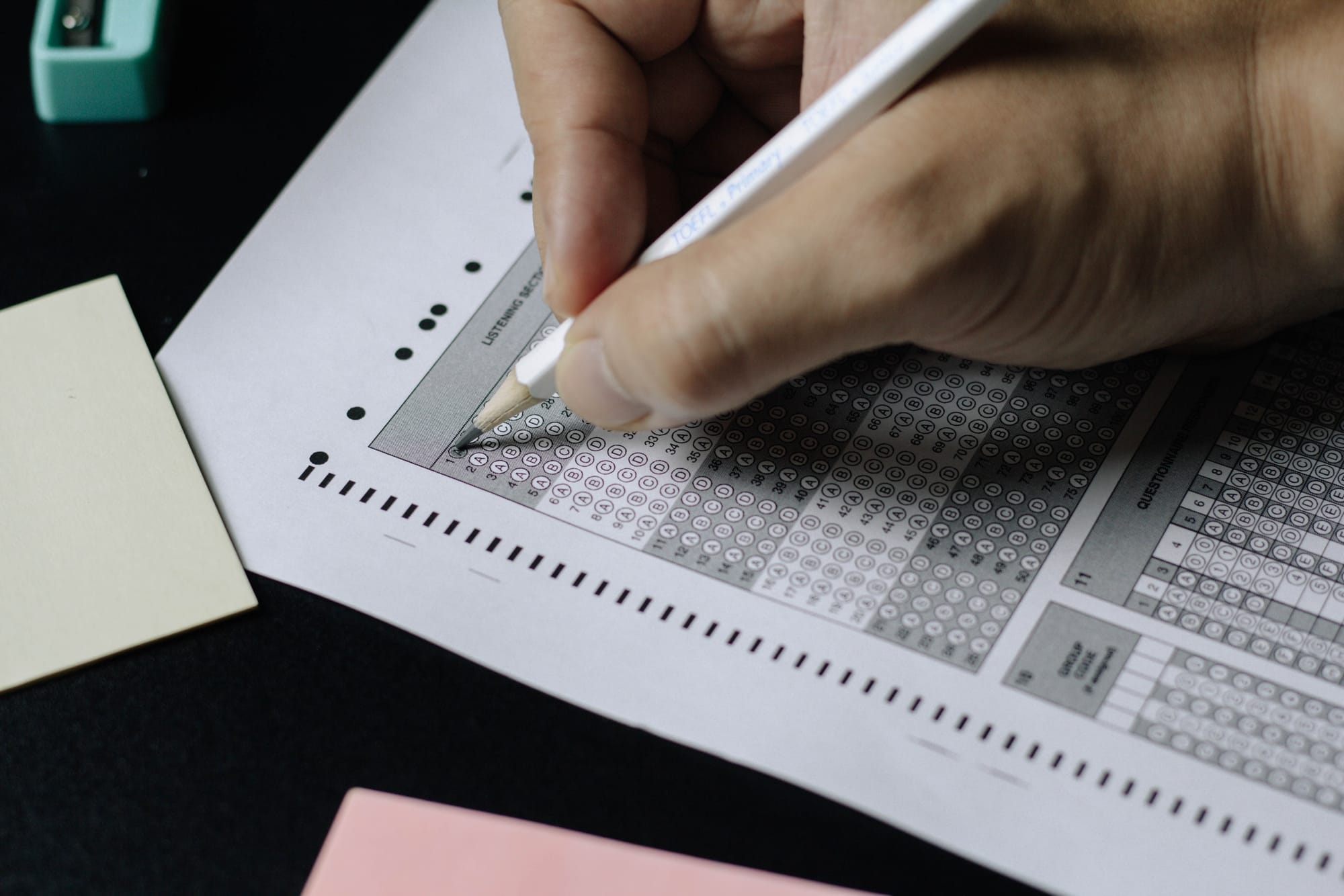How to Prepare for the IELTS Exam

Understanding the IELTS Format
Before beginning any preparation for the IELTS (International English Language Testing System) exam, it's essential to understand its format. IELTS consists of four main components: Listening, Reading, Writing, and Speaking. Each section assesses your capability to use and understand English. Familiarizing yourself with the structure, types of questions, and the time allocated for each part of the test is the first crucial step.
Set Realistic Goals
Setting a clear target for the IELTS score you need to achieve is vital. This target should be guided by the requirements of the institution or organization you're planning on applying to. Once you have your goal, it's easier to organize your study plan accordingly.
Create a Study Plan
With your goals set and a thorough understanding of the IELTS format, construct a detailed study plan that divides your time between each section of the test. Allocate more time to sections where you feel you need the most practice. Ensure you have a balanced plan that includes the development of English skills in general, such as vocabulary and grammar, as well as targeted IELTS exercises.
Develop Your English Skills
- Practice reading every day. Engage with a wide range of texts including newspapers, novels, journals, and academic articles to boost your reading speed and comprehension.
- Enhance your listening skills by listening to English podcasts, watching English movies or TV shows, and utilizing IELTS practice materials.
- Improve your writing abilities by practicing different types of IELTS writing tasks. Focus on being clear, concise, and adhere to the appropriate format for each task.
- Work on your speaking skills by practicing speaking English in everyday situations. Record yourself to evaluate your pronunciation and fluency.
Practice with IELTS Materials
- Utilize official IELTS practice materials which offer sample questions and tests. This familiarizes you with the question formats and timing of the actual test.
- Take full-length practice tests under timed conditions to build test-taking stamina, and to get an idea of how you can manage your time during the exam.
- Review the answers and explanations for IELTS practice questions to understand why certain answers are correct. This is important for learning from your mistakes.
Seek Feedback
- Get feedback on your writing and speaking skills from teachers or peers. They can provide valuable insights into your strengths and weaknesses.
- If possible, enroll in an IELTS preparation course to get structured feedback from experienced instructors.
Work on Your Test-Taking Strategies
- Learn to identify keywords in reading and listening sections that can guide you to the right answer.
- Practice skimming and scanning techniques for the reading tests to quickly locate information.
- Manage your time during the practice tests to ensure you can complete all sections within the allocated time.
Focus on Your Weaknesses
While preparing for the IELTS exam, it's important to focus on your weaknesses. If you struggle with writing, spend extra time improving your writing skills. If listening is challenging, make it a priority to enhance your listening abilities. Concentrated effort on areas of difficulty will yield significant improvements.
Build Your Vocabulary
- Consistently learn new words and their usage. A richer vocabulary can boost your score in all four sections of the IELTS exam.
- Create a vocabulary notebook and categorize new words into topics that frequently appear in IELTS such as health, environment, science, and culture.
- Regularly review and use the new vocabulary in spoken and written contexts to reinforce retention.
Maintain Your Physical and Mental Health
- Ensure that you are well-rested, especially as the exam date approaches. A good night's sleep can significantly affect performance.
- Engage in regular physical activities to keep stress levels low and maintain mental sharpness.
- Eat nutritious meals to promote brain function and energy levels during study sessions and on the test day.
Review Basic Grammar Rules
Although proficiency in grammar will not explicitly constitute a separate section in the IELTS exam, it is crucial across all the four test components. Understand the basic grammar rules, practice them in writing and speaking, and during the error correction exercises in the study plan.
Simulate the Exam Environment
- Try to replicate the exam conditions at home or in a study environment. This helps you become familiar with the pressure and focus needed on exam day.
- Simulate the speaking test with a study partner or an English-speaking friend to mimic the interaction you will have with the examiner.
- Abstain from distractions such as mobile phones, social media, and television during your study sessions to enhance concentration.
Relax Before the Test
The day before the test, try to relax. Stress can impact your performance, so it's important to take the day off to unwind. Do some light exercise, go for a walk, or engage in any other activities that help to calm your nerves.
Know the Test Rules and Regulations
Be sure to read through all the rules and regulations provided by the IELTS examiners. Knowing what is expected of you, what you can bring into the exam room, and the clear understanding of the test procedures can prevent any unnecessary stress on test day.
Be Prepared on Test Day
- Arrive at the test center early to allow yourself time to relax and get accustomed to the surroundings.
- Make sure to bring the appropriate identification documents and any other necessary materials specified by the test center.
- Dress comfortably to alleviate any physical discomfort during the exam.
- Take deep breaths and maintain a positive attitude.
Preparing for the IELTS exam can be a demanding process, but with focused practice, the correct strategies, and a positive mindset, you can achieve the score you need to advance your career or educational goals. The key is to be methodical in your preparation and to use the time leading up to the exam wisely. Good luck!